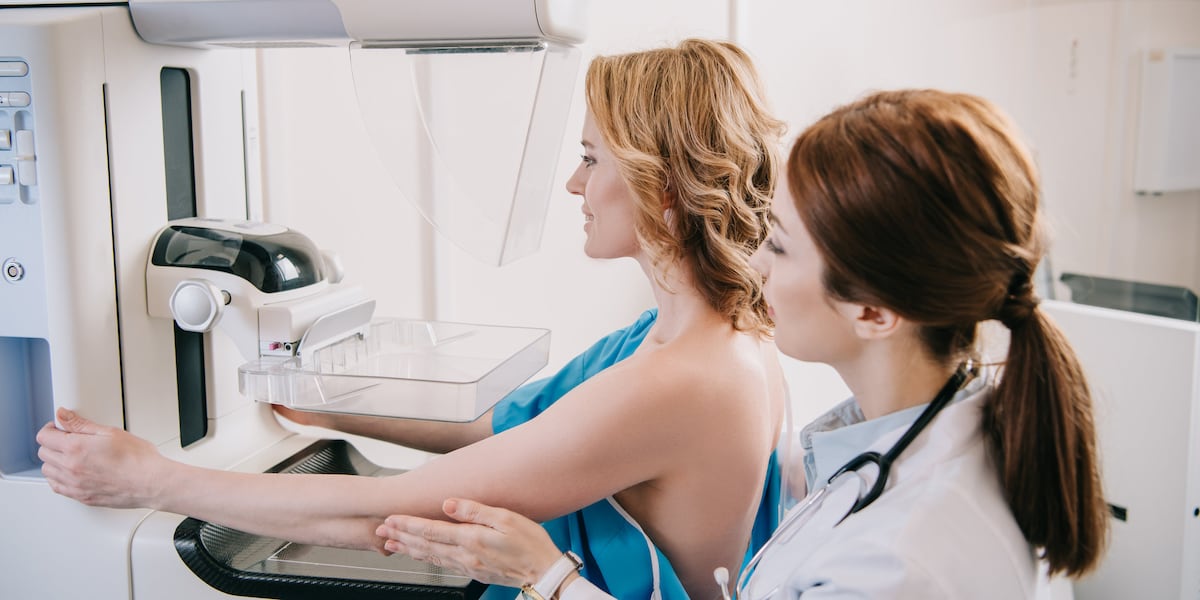BURLINGTON, Vt. (WCAX) – For Breast Cancer Awareness Month, our Sophia Thomas takes us along for her doctors’ appointments to help inform yours.
It’s not every day you get a glimpse into what breast cancer genetic testing looks like, and we wanted to show viewers their options.
“Mom has this BRCA1, 50/50 chance that you could’ve inherited it,” said Wendy McKinnon of the UVM Medical Center.
Genetic counselor Wendy McKinnon has Sophia’s family tree in her lap, but it’s not the kind that connects you to your second cousin. This tree illustrates her family’s cancer history.
Sophia says breast cancer is her family’s biggest threat. Her mom and several aunts survived it.
She visited UVM Medical Center to see if she carries the same mutation that puts them at higher risk.
“If you were to test positive for that variant, then your risk of breast cancer goes from that general population risk of about 10 to 12 percent to upwards of 50 to 80 percent,” said McKinnon.
McKinnon says your first step in understanding breast cancer risk is to know your family history.
“I think that’s like the most important thing, is to know are there cancers in the family, what types of cancers, what ages were they diagnosed, and if you see any patterns,” said McKinnon.
State cancer patient navigator Melissa Doane says this helps doctors determine when and how often to screen you for breast cancer.
“If your mother was diagnosed with breast cancer, and she was 45 at the time, the standard right now they’re using is that then you would start your screening at age 35,” said Melissa Doane of the Vermont Department of Health.
Genetic testing can fast-track screenings. If Sophia tests positive for a mutation, she could start getting mammograms when she turns 25 this year.
While most insurance companies are required to cover annual screenings for women age 40 and over, coverage for genetic testing and other care varies.
Still, Doane says to ask your doctor about your options.
“I do strongly urge you to talk to your provider about cancer screenings and what is right for you, because it does depend on your own health, and your family history as much as you know it,” said Doane.
In the lab, Sophia gives a blood sample that will be tested for a range of mutations. She’ll get her results in a few weeks.
Sophia says it’s a little nerve-racking, but the way she sees it, the more information the better.
“I think it really underscores how important it is to understand your family history, get that information, because it can help you make more informed decisions,” said Sophia.
Something important to note: while health insurance companies are legally not allowed to charge you more based on genetic information, life insurance companies can.
It’s something everyone weighs for themselves. For Sophia, knowing her risk was more important.
Copyright 2025 WCAX. All rights reserved.

